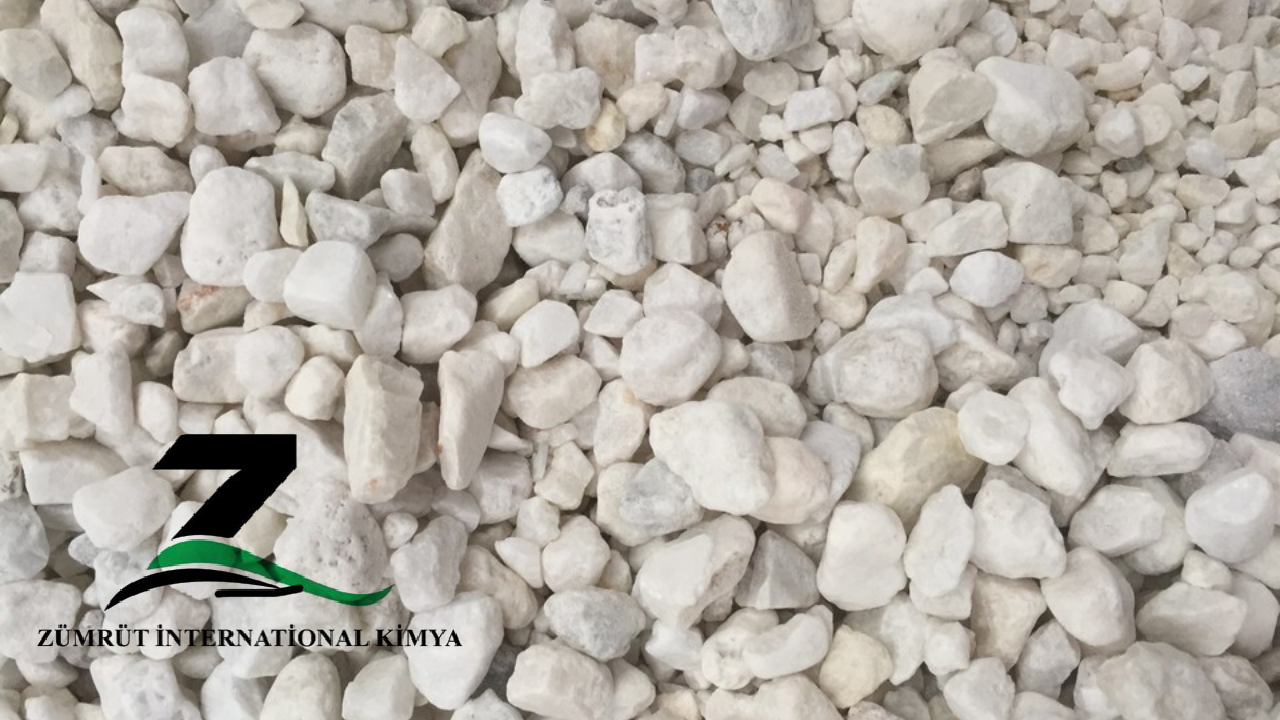
Barite Powder Drilling Grade
Barite powder, specifically drilling grade, is an essential additive in the oil and gas drilling industry. Composed primarily of barium sulfate (BaSO₄), barite’s high density and chemical inertness make it ideal for use as a weighting agent in drilling fluids. Here’s an overview of barite powder drilling grade, its properties, uses, and packaging:
Applications in Drilling Operations
Drilling grade barite powder is predominantly used in the oil and gas industry for its role as a weighting agent in drilling fluids. The primary function of barite in this application is to increase the density of the drilling fluid, which is crucial for controlling wellbore pressures, stabilizing the borehole, and preventing blowouts. Here are the detailed applications and benefits of using barite powder in drilling operations:
- Weighting Agent in Drilling Fluids :
– Purpose : The high specific gravity of barite increases the density of the drilling fluid. This is essential for balancing the formation pressures encountered while drilling.
– Benefit : It helps to prevent blowouts by maintaining sufficient hydrostatic pressure in the wellbore. - Wellbore Stabilization :
– Purpose : By increasing the density of the drilling fluid, barite helps stabilize the wellbore walls.
– Benefit : It reduces the risk of wellbore collapse, ensuring smoother and safer drilling operations. - Cuttings Removal :
– Purpose : The increased viscosity and density of the drilling fluid, due to barite, improve the transportation of drill cuttings to the surface.
– Benefit : Efficient removal of cuttings prevents clogging and ensures a clean and stable wellbore. - Formation Damage Prevention :
– Purpose : A high-density drilling fluid with barite forms a thin, low-permeability filter cake on the wellbore walls.
– Benefit : This filter cake minimizes fluid invasion into the formation, protecting the reservoir and reducing formation damage. - Rheology Control :
– Purpose : Barite enhances the rheological properties of the drilling fluid, ensuring it maintains the desired flow characteristics under various conditions.
– Benefit : Improved rheology aids in the efficient suspension and transport of solids, enhancing drilling performance.
Properties of Drilling Grade Barite
- Density :
– Barite has a high specific gravity of 4.2 g/cm³ or higher, which is critical for increasing the density of drilling fluids. - Purity :
– Drilling grade barite typically has a barium sulfate content of 90% or higher to meet industry standards. - Particle Size :
– The particle size distribution is crucial, with specifications often requiring that 97% of the barite passes through a 200-mesh (75-micron) screen. - Insoluble Residue :
– Low levels of insoluble residue, which can impact drilling fluid performance and cause wear on drilling equipment.
Benefits of Using Drilling Grade Barite Powder
- Control Over Wellbore Pressure :
– By increasing the fluid density, barite helps in maintaining the necessary pressure to counteract the pressures of the formation, which is crucial for safe drilling operations. - Improved Drilling Efficiency :
– The use of barite improves the overall efficiency of the drilling process by ensuring the proper removal of cuttings and preventing wellbore instability. - Versatility :
– Barite is compatible with both water-based and oil-based drilling fluids, making it versatile for various drilling conditions and environments. - Cost-Effectiveness :
– Due to its effectiveness in increasing fluid density and controlling pressures, barite can reduce the need for other more expensive additives, leading to cost savings in drilling operations.
Specifications of Drilling Grade Barite
- Specific Gravity : Minimum of 4.2 g/cm³.
- Barium Sulfate Content : Typically 90% or higher.
- Particle Size : 97% should pass through a 200-mesh (75-micron) screen.
- Water-Soluble Alkaline Earth Metals : Minimal to ensure the purity of the barite.
- pH : Suspension in water should have a pH range of 8 to 9.5.
Packaging of Drilling Grade Barite
- 25 kg or 50 kg Bags :
– Barite powder is commonly packed in multi-wall paper or polypropylene bags, which are moisture-resistant and easy to handle. - Bulk Bags (FIBCs) :
– Large quantities are often packed in Flexible Intermediate Bulk Containers (FIBCs) or “big bags,” typically holding 1,000 kg (1 ton) or more. These bags are made of woven polypropylene with a polyethylene liner for moisture protection. - Bulk Transport :
– For large-scale operations, barite powder can be transported in bulk tankers or containers, facilitating efficient delivery to drilling sites.

Environmental Considerations
- Non-Toxic :
– Barite is non-toxic and environmentally benign, making it safe for use in drilling operations. - Disposal :
– Waste barite and barite-containing fluids should be disposed of in accordance with local environmental regulations.
Preparation and Handling
- Mixing :
– Barite powder should be mixed into the drilling fluid slowly and with adequate agitation to ensure even dispersion and prevent clumping. - Handling Precautions :
– Use appropriate personal protective equipment (PPE), such as gloves and masks, to avoid inhalation of dust and skin contact.
Technical Data Sheet of Barite 4.20 API 13 A
| NO | Density | 4.20 gr/cm3 Min |
| 1 | Water Soluble Alkaline Earth as Calcium | 250 mg/kg Max |
| 2 | Residue Greater Than 75 Micrometers | 3.0 wt. Max |
| 3 | Particles Less Than 6 Micrometers in Equivalent Spherical Diameter |
30 wt. Max |
| 4 | Packing | 1 & 1.5 MT Big Bag or Bulk |
| 5 | Uses | As Weighting in Drilling Fluid |



